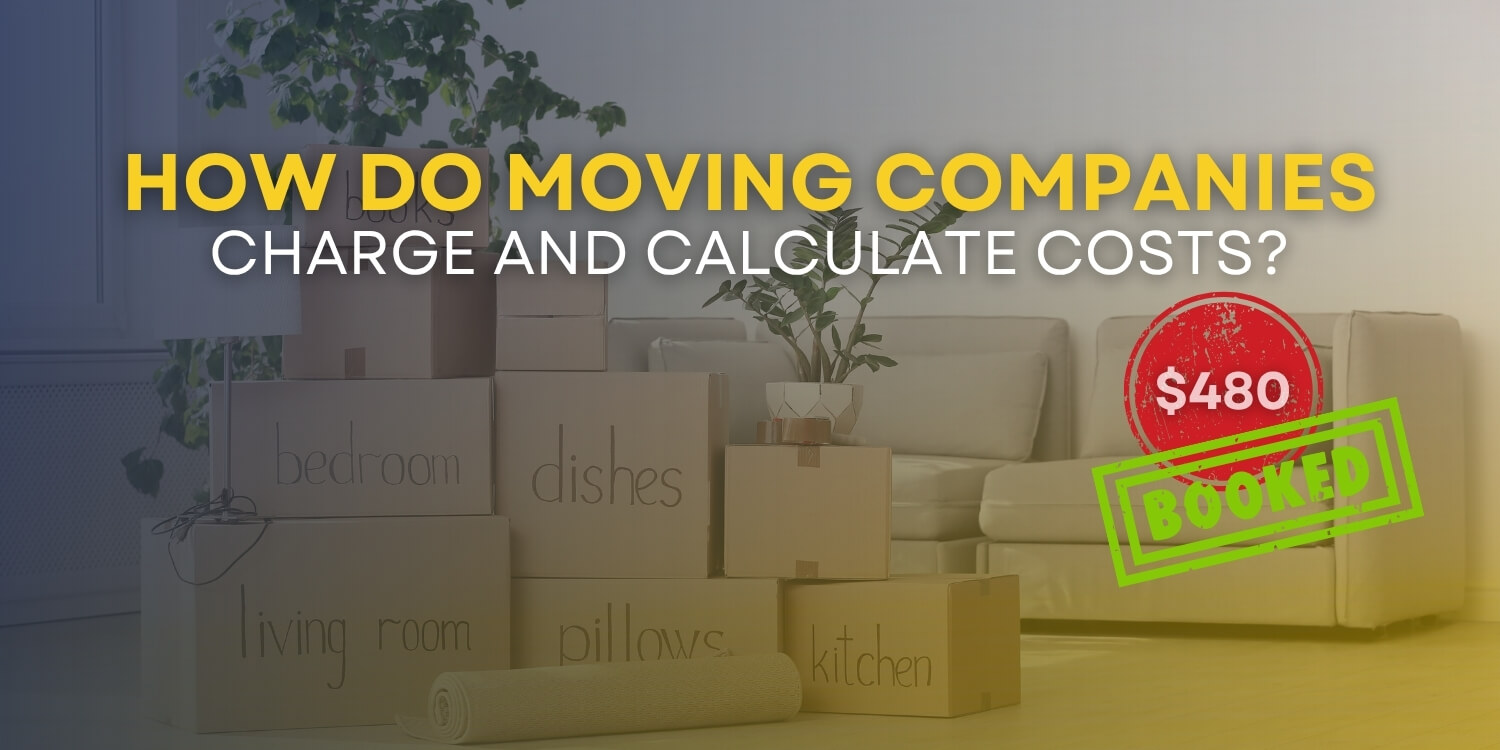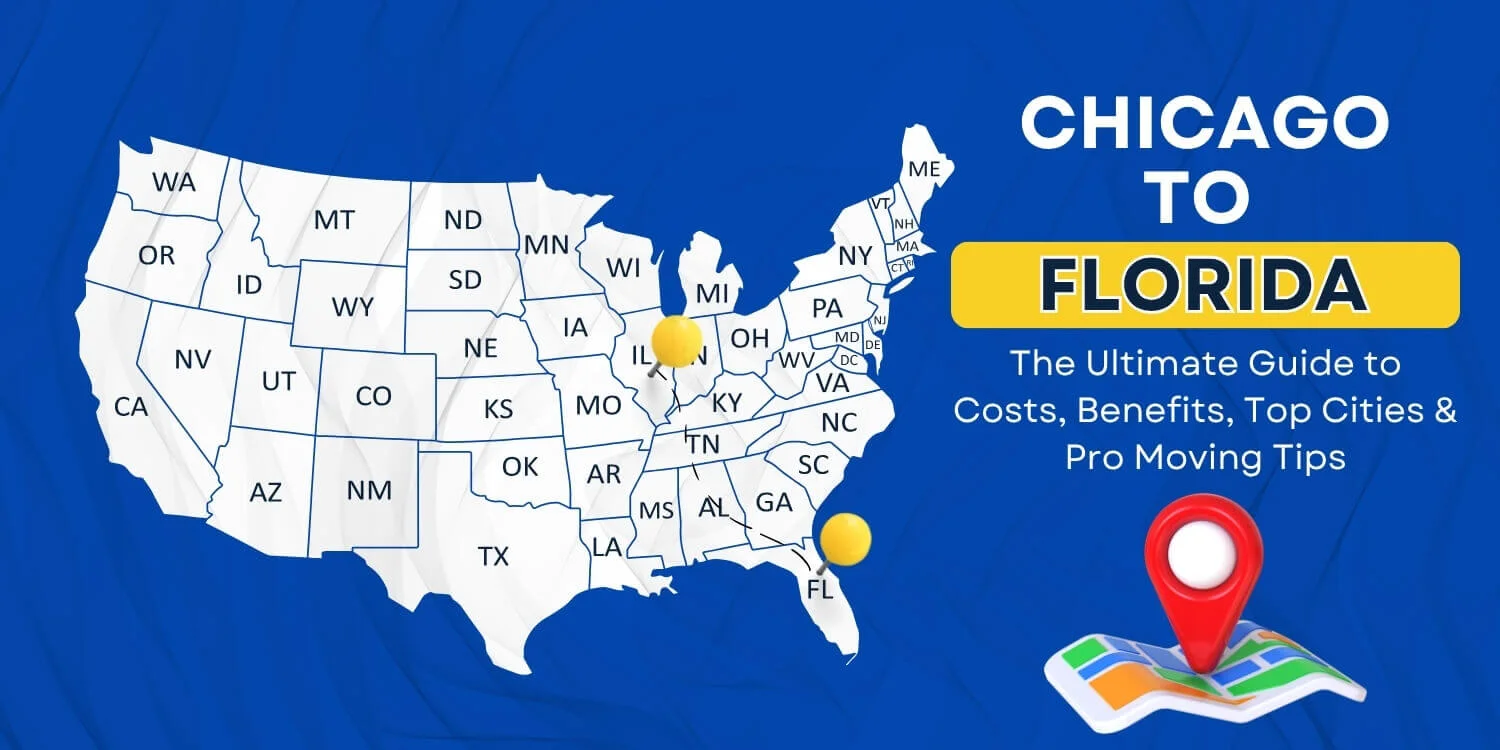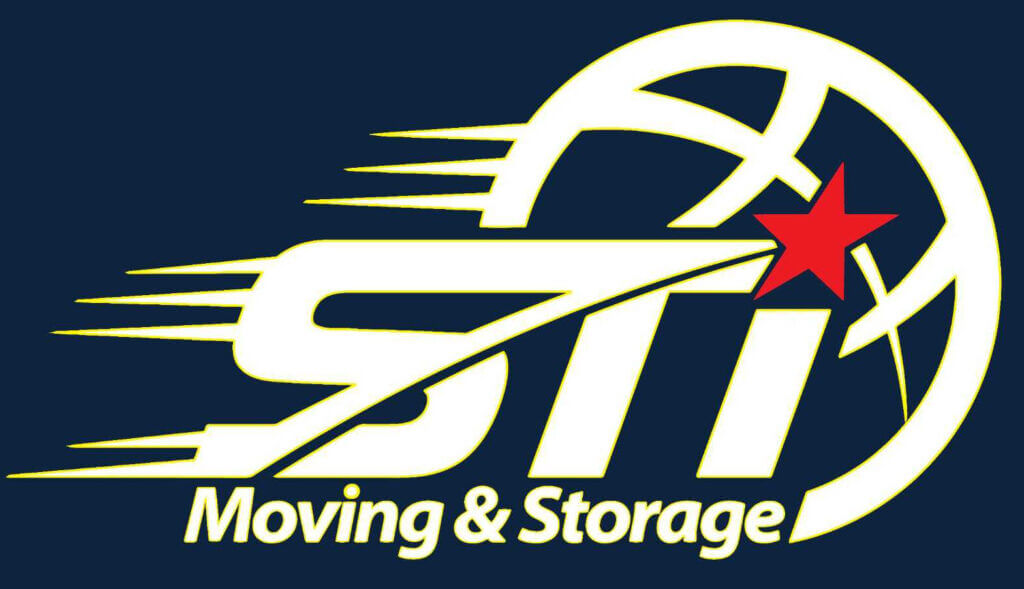When you’re planning a move, one of the first things you probably wonder about is how much it’s going to cost. There are several things that can affect the price. These include how heavy your stuff is, how far you’re moving, what kind of moving services you need and a few other details. All of these help decide the final cost of your move.
Even though the main rules are similar, there are a few small differences between local moves and long-distance moves.
This article will explain what usually goes into a moving quote, so you can be sure you’re getting a fair and accurate estimate for your upcoming move.
Factors That Impact Your Moving Costs
When you ask a moving company for a quote, they’ll ask things like whether you need extra services, how many rooms you’re packing and if you’ll need storage. They use this information to give you the most accurate estimate based on the details of your move.
To determine moving costs, professional movers will consider several factors.
Weight
The weight of your household items is usually the biggest factor that affects your moving costs—whether you’re moving locally or far away. Movers calculate the price based on how much your stuff weighs and how far it’s going. The more it weighs, the more you’ll have to pay to move it to your new place.
Distance
How far you’re moving also affects your moving costs. The price can change depending on whether it’s a local move, within the same state, or a long-distance move to another state. It also depends on how close your new place is to the areas the moving company usually covers. Based on all this, you may be charged a flat rate or an hourly rate for the labor and transport.
Moving Time
Keep in mind that movers are paid by the hour, so if there are any delays on your part, it can lead to extra charges.
If you’re worried about how much your move will cost in the end, reach out to a few trusted moving companies for a quote. Make sure you clearly understand what services are included in the final price.
Packing Services & Supplies
Are you planning to pack everything yourself, or do you want the movers to handle it?
Do you need boxes? If yes, how many will you need? Where will you get them and what will they cost? These are important things to think about since most moving companies charge extra for packing services.
If you’re doing the move yourself, remember you’ll need packing supplies like boxes, bubble wrap and tape to keep your things safe while moving. You can either buy these items or rent them from a moving company.
Number of Movers
How many movers are needed for your move will also affect the cost.
For local moves, most companies usually send two movers. But if your home is bigger, you might need more than two or may have to hire extra help.
Time of Year (Seasonal Peak vs Non-Peak Times)
If you’re moving during the busy season—usually from May to September—prices might be higher because more people are moving during that time.
If you can, try to plan your move during the off-season to save on moving costs. This way, you’re more likely to book the mover you prefer and pay less since it’s not as busy.
Insurance
Are your belongings protected by the basic insurance your moving company provides, or do you have coverage through a different insurance provider? Also, will you need extra insurance for valuable things like grandfather clock, jewelry, pool table, antiques, or artwork?
Your moving company might offer basic liability coverage but it’s important to know what it actually includes. If you have expensive items like antiques or fine art, it’s a good idea to buy extra coverage to protect them.
Local vs Long Distance Moves
There are two main kinds of moves: local and long-distance. Moving companies usually have different prices for each, so it’s important to understand the difference before you start planning.
Local Moves
A move is usually considered local if it’s within 100 miles of where you live now.
For local moves, most moving companies charge by the hour and there might be an extra travel fee. The more time the move takes, the more you’ll pay for labor.
A local move usually costs less than a long-distance one because the movers don’t have to drive as far between locations.
Long Distance Moves
A long-distance move means going more than 100 miles, either within the same state or to another state.
For these types of moves, most companies charge based on the weight of your items and how far they have to travel. So, the price depends on how much stuff you have and the distance between where you’re moving from and to.
Moving Services – Full, Partial, Self-service
Movers will also ask what kind of service you want.
For long-distance moves, most companies give you three choices: full service, partial service or self-service.
Full Service
Full service is the priciest option but it’s also the easiest. The movers will pack everything for you on moving day, load it onto the truck and then unload it at your new place. You won’t have to do much—just focus on getting yourself and your family to your new home.
Full-service movers usually charge based on the weight of your items or how many miles you’re moving. So, the farther the distance, the more your move will cost.
Partial Service
Partial-service moves cost less than full-service ones because you’ll be handling some of the work yourself. You can choose to have movers just help with packing, loading or unloading—or a mix of these.
The movers will carefully pack your items to make sure they arrive safely but it’s up to you to get everything ready first—like clearing out things you don’t need and organizing what you want to take with you.
Another option is to have the movers load your things onto their truck but you drive it yourself.
Either way, partial service offers a nice middle ground.
Self-service
This is the cheapest option out of the three.
With self-service moving, you’ll be in charge of every part of the move on your own.
Self-service moving companies give you a truck and a driver but they won’t help with packing or unloading like full-service movers do. You’ll need to get everything ready for the move yourself—like wrapping your items in padding and securing them—then unpack everything once it arrives.
How to Get an Accurate Quote
When planning a move, one of the first steps is to ask a moving company for an estimate. Some companies give online quotes but it’s usually better to have a professional come to your home to give you a more accurate estimate.
A moving estimator will come to your home to see how much work your move will take and give you a precise quote. It’s also a great time to ask any questions you have about the move and get advice from the movers.
If you don’t have time for an in-home estimate (or you’re planning a long-distance move), you can try these tips instead:
- Be clear about what you need
Do you want the movers to pack your boxes? Should they take apart and put your bed back together? Be specific about the services you’re looking for when asking for a quote—this helps make sure everyone knows what to expect.
- Ask about any added fees
Some movers may charge more if they have to deal with stairs, elevators, long walks to the truck or if you need packing materials. Make sure these extra costs are included in the quote or ask if they can be removed.
- Make a list of your items
If you’re moving long-distance or have large items like a piano, the movers might not be able to visit your home to assess everything. In that case, you’ll need to create an inventory list yourself and provide it to them.
- Give as many details as you can when asking for a quote
Letting the moving company know how much furniture and how many belongings you have will help them figure out how many movers to send and what size truck they’ll need.
- Mention any special help you might need
This could include packing support or moving heavy things like pianos, couch or hot tubs.
- Share the dates you’d like to move.
Prices can change based on whether you’re moving on a weekday or weekend, or during the busy season or not.
If you have more questions about their services or prices, don’t hesitate to call the moving company.
What To Know About Minimums
Most moving companies charge based on how many hours they work on a job. For local moves, the cost is by the hour, while for cross-country moves, it’s based on the number of miles.
Most moving companies charge for a minimum number of hours, no matter how short the move is. This helps cover their costs, like the truck and moving equipment.
For example, if you’re only moving a few pieces of furniture within your home, you might still have to pay for the minimum hours—even if the job only takes one hour to finish.
Moving Made Simple
Moving can be stressful, so it’s no surprise that one of the first things people check is how much a moving company will cost. When you’re paying movers to handle your things, you want to be sure you’re getting a good deal.
STI Moving & Storage can help you get the most accurate cost for your move. To see what STI has to offer or find out more about our moving and storage services, visit our website.
FAQs
How Much Does Moving Cost?
The total cost depends on how far you’re moving, how much stuff you have and whether it’s a local or long-distance move (to another state).
The best way to find out how a moving company charges is to ask for a quote. Most movers will give you a free estimate with no pressure to commit.
Do All Moving Companies Use the Same Calculation Method?
No, each moving company has its own way of figuring out the cost. Some charge by the hour, while others base it on the size, weight or offer a flat rate.
For long-distance moves, most companies charge by weight. For local moves, the cost is usually based on how long the move takes and how many movers are needed.
When you’re comparing quotes, make sure you understand how each company sets its prices so you can compare them properly.
How to Determine the Weight of Your Household Belongings?
It’s not easy to know the weight of your items without help from a licensed moving professional. The best way to find out is to schedule an in-home estimate with a trusted moving company.






